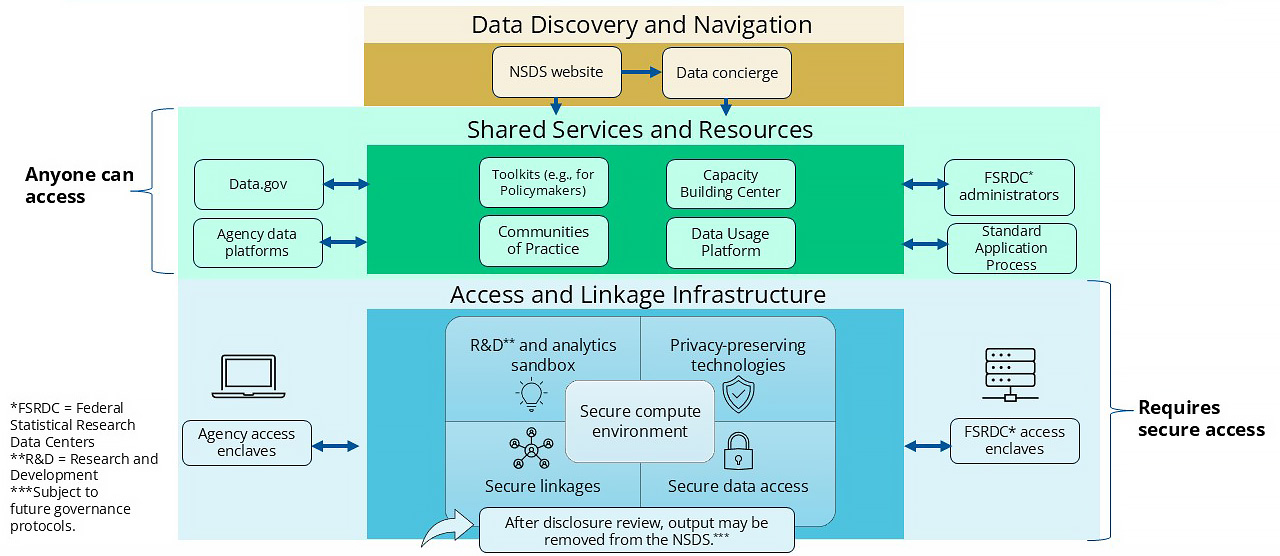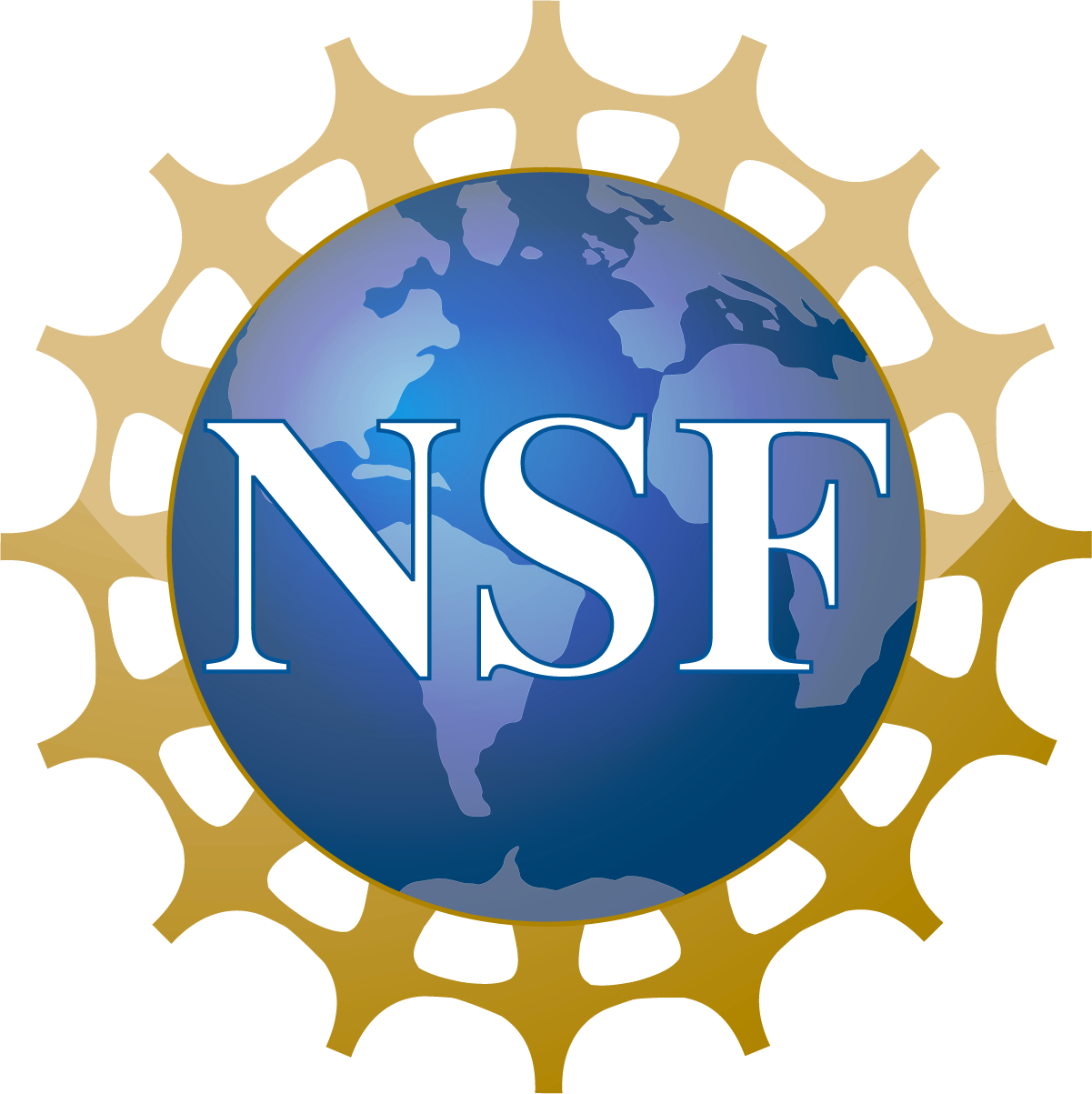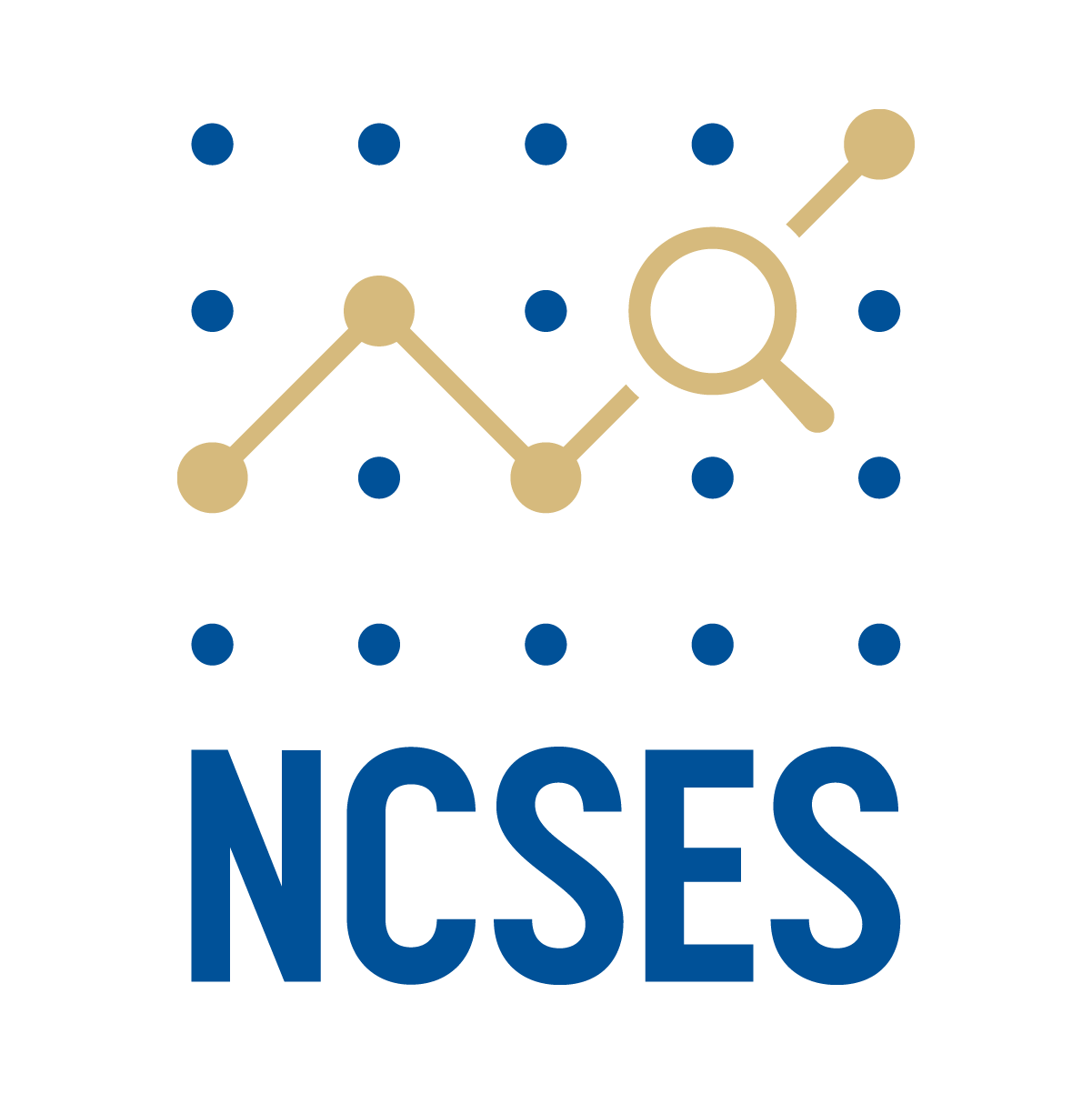A Vision for a Future NSDS

The future National Secure Data Service (NSDS) is envisioned as a government-wide set of shared services for data and evidence building. The graphic shows three layers of service, each of which will help data users find answers to their evidence-building questions within an NSDS and across the federal data ecosystem.
The top layer of Discovery and Navigation is where users start their evidence building journey. They visit the NSDS Website, which will serve as a central hub providing or directing visitors to services and resources to meet diverse customer needs for data and data infrastructure. If users are not sure where to go on the website, they can reach out to the Data Concierge, who can answer questions and direct them on their evidence building journey.
The second layer shows Shared Services and Resources, which will all be available to users on the NSDS website. This layer shows four types of services and resources. Users can access the Data Usage Platform, which allows them to see how government data are being used. The Capacity Building Center will provide training in using NSDS services and resources and curated upskilling resources for educators as well as those wishing to build their own capacity for using data to inform their decision-making. The NSDS website will host a set of Toolkits tailored to specific data needs, including a Policy Stakeholders’ Toolkit. The website will also facilitate Communities of Practice, in part by showing how federal data assets are being used, thus enabling a wide range of data users to connect with each other, share resources, and ask and answer questions.
The third layer is the Access and Linkage Infrastructure. Access to this secure layer is restricted. It includes the NSDS Secure Compute Environment, which will leverage state-of the-art privacy preserving technologies. Approved researchers with approved projects will be able to access and analyze data in this secure environment. NSDS projects are exploring ways to facilitate secure linkages, which will allow researchers to gain new insights into our nation and economy.




